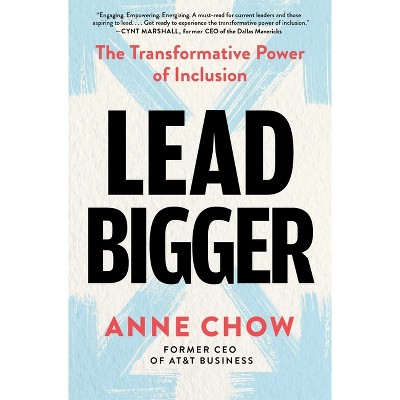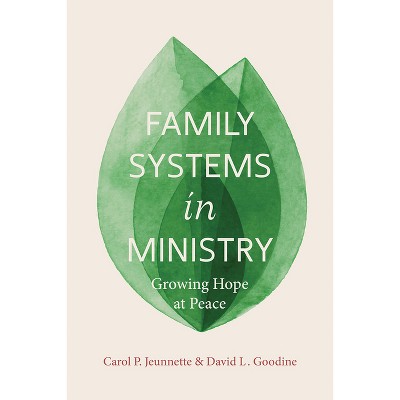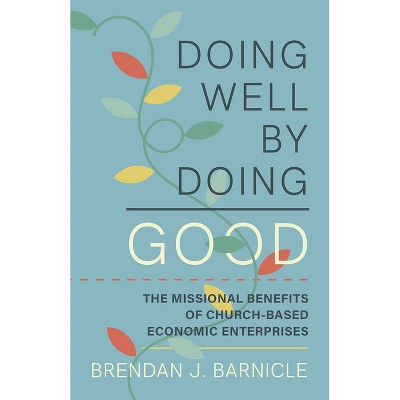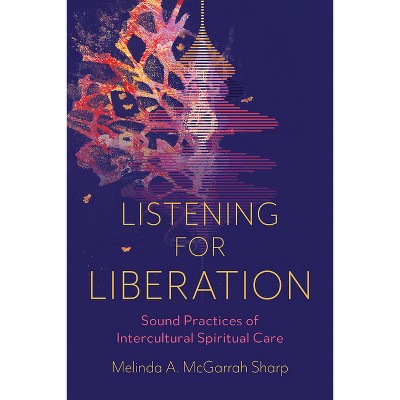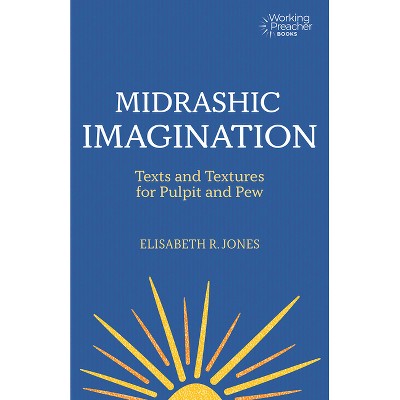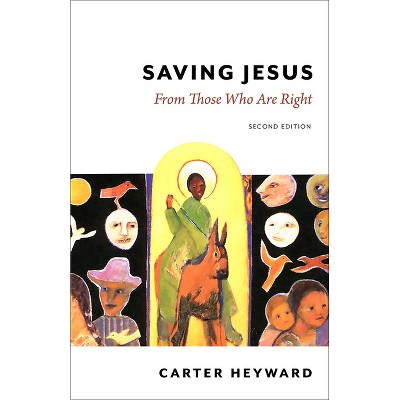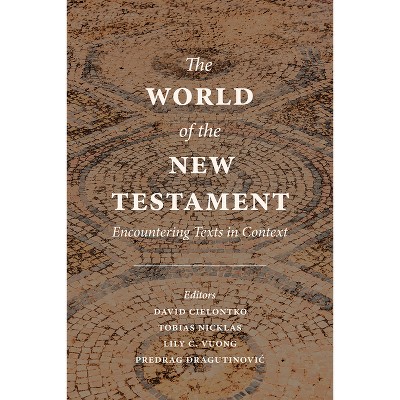Sponsored

Embodied Reconciliation - by Leanna K Fuller (Paperback)
Pre-order
Sponsored
About this item
Highlights
- Leanna K. Fuller notes that conflict is a pervasive feature of contemporary churches.
- Author(s): Leanna K Fuller
- 180 Pages
- Religion + Beliefs, Christian Ministry
Description
About the Book
Leanna K. Fuller notes that conflict is a pervasive feature of contemporary churches. Embodied Reconciliation offers practices to help congregations explore reconciliation as communal pastoral care. The book is ideal for leaders of faith communities, whether clergy or lay, who have varying levels of pastoral care experience.Book Synopsis
Leanna K. Fuller notes that conflict is a pervasive feature of contemporary churches. Faith communities today face increasingly complex and difficult dynamics such as same-sex marriage, immigration, church-state relationships, and many more--both internally and in the surrounding culture. And congregants and pastoral leaders need resources to help them navigate the aftermath of such conflicts. Embodied Reconciliation responds by offering a set of practices to help congregations explore reconciliation as a form of communal pastoral care.
Fuller presents an understanding of reconciliation that includes elements of forgiveness and accountability, emphasizes process rather than outcome, recognizes human dignity and differences, and acknowledges that God is the primary agent of transformation. She describes practices--truth-telling, grieving and lamenting, confessing and repenting, and blessing and releasing--that congregations can implement any time they experience conflict or tension. These practices, in turn, help congregations imagine how their faith communities might move toward embodying reconciliation.
This book is ideal for leaders of faith communities, whether clergy or lay, who have varying levels of pastoral care experience--or no experience at all. Embodied Reconciliation can be used effectively in seminary classrooms as well as church leadership trainings.
Shipping details
Return details
Frequently bought together


Trending Non-Fiction









